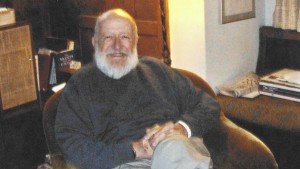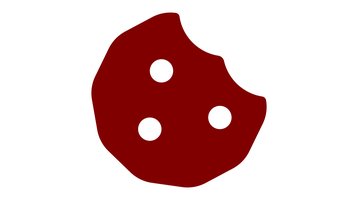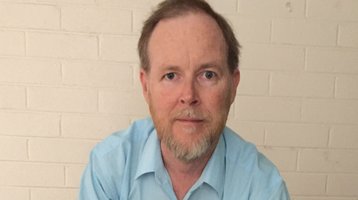A Philosophy of Education: An Exhibit in Memory of Philip W. Jackson (1928-2015)
Exhibit Location: The Joseph Regenstein Library, Fourth Floor
Exhibit Dates: November 12 – December 31, 2015

Philip W. Jackson spent a lifetime in education; as a researcher, a philosopher and an educator. According to his former student, Catharine Bell (PhD ’07), he “believed children have the capacity to see the wonderful in the ordinary.” An exhibit containing exemplars of his work is currently on display in a single exhibit case in the Joseph Regenstein Library.
Jackson, the David Lee Shillinglaw Distinguished Service Professor Emeritus in Education, Psychology and the College, received his Ph.D. in Developmental Psychology from Columbia in 1955 and joined the University of Chicago faculty the following year. His first book, co-authored by Jacob Getzels, Creativity and Intelligence: Explorations with Gifted Students (1962), challenged views of intelligence by showing a link between creativity and academic intelligence. While his theories were considered groundbreaking, Jackson’s early work employed traditional qualitative research methods, a technique he was later famous among colleagues and students for referring to as “poking them with sticks.” In 1968, after adopting an anthropological approach, Jackson published his best known and most influential work, Life in Classrooms (1968), which sold more than 60,000 copies and was translated into 10 languages. In it he describes the “hidden curriculum” of classrooms; the routines and expectations that shape behavior and attitudes for better and worse.

In addition, Jackson was an internationally known expert on John Dewey. He credited Dewey with inspiring his initial interest in education and he authored and edited multiple books about Dewey. In the first chapter of his final book, What is Education? (2012), Jackson quotes a passage from John Dewey’s Experience and Education. Jackson admits to stumbling over this passage when he first encountered it in the late 1940s, “Why would [Dewey]…end his book by asking his readers to devote themselves ‘to finding out just what education is.’?…Surely, even neophytes already knew the answer to that question. I certainly did!…Indeed, the more I pondered Dewey’s advice, the stranger it seemed.” Jackson served as the principal of nursery school at Dewey’s Laboratory School from 1967-70 and director of the Laboratory Schools from 1970-75. He served as Chairman of the Department of Education and Dean of the School of Education at University of Chicago until 1975 and faculty in the Department of Education, until 1998.


